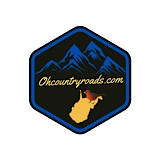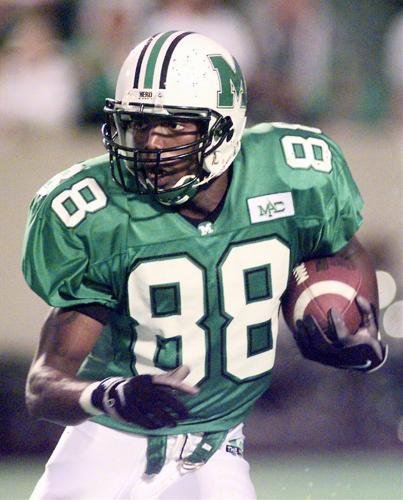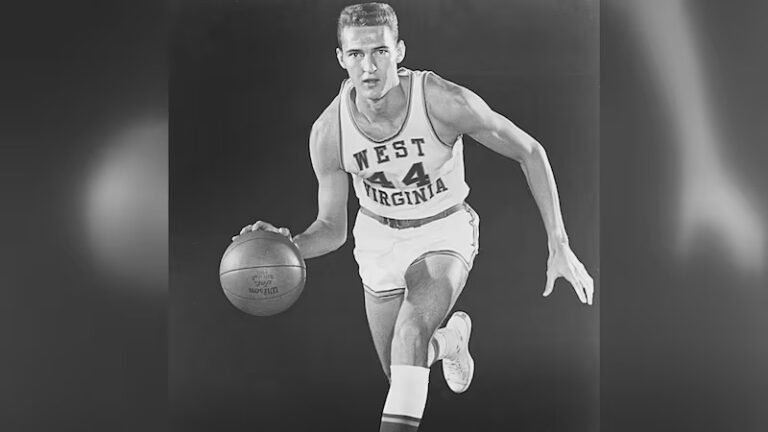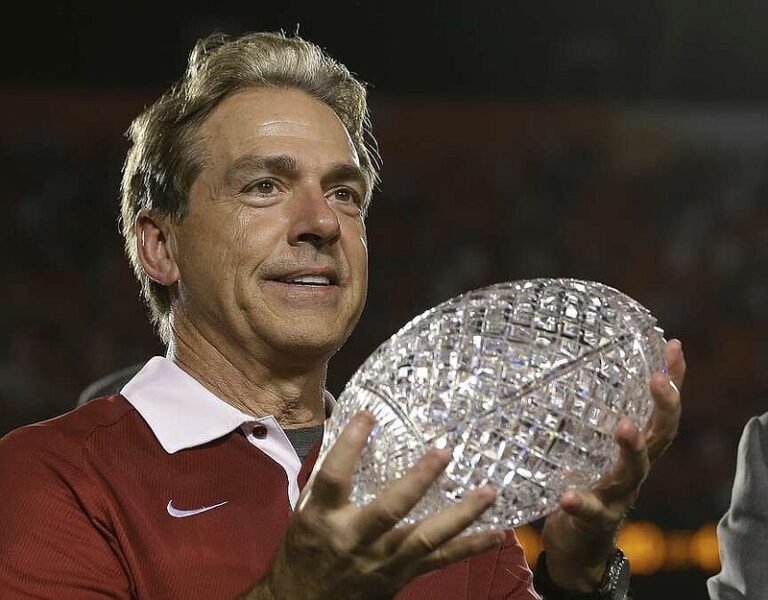
Origins and Evolution: A Detailed Timeline of WVU Football
The history of the West Virginia University (WVU) football program dates back to 1891, marking the beginning of a storied journey in college football. The program’s origins are rooted in the early enthusiasm for the sport, which rapidly spread across American universities in the late 19th century. WVU played its first official game in 1891, setting the foundation for what would become a celebrated football legacy.
During its formative years, the WVU football team faced numerous challenges, including limited resources and the need to establish a competitive edge. Despite these hurdles, the team gradually developed its playing style and began to achieve regional recognition. The early 20th century saw WVU making significant strides, including their first notable victory against Washington & Jefferson College in 1904, which was a turning point for the program.
The timeline of WVU football is marked by several key milestones. In 1925, the team joined the Southern Conference, a move that significantly impacted its competitive landscape. The Southern Conference era was characterized by fierce rivalries and notable successes, including the Mountaineers’ first bowl appearance in the 1938 Sun Bowl. Following this period, WVU transitioned to an independent status in 1968, a phase that allowed for greater flexibility in scheduling and matchups.
The 1980s and 1990s were transformative decades for WVU football. The hiring of head coach Don Nehlen in 1980 heralded a new era of success, with Nehlen leading the team to multiple major bowl appearances, including the Fiesta Bowl in 1988. Under his guidance, the Mountaineers achieved national prominence, culminating in an undefeated regular season in 1988.
WVU’s entry into the Big East Conference in 1991 marked another significant chapter in its history. The Big East era brought increased visibility and competitive opportunities, with the team securing several conference championships. In 2012, WVU joined the Big 12 Conference, further elevating its status in college football. The transition to the Big 12 has seen WVU continue to build on its rich tradition, competing against some of the nation’s top programs and maintaining a strong presence on the national stage.
Throughout its evolution, WVU football has been defined by its resilience, adaptability, and commitment to excellence. Each era, from the early beginnings to the present day, has contributed to the program’s enduring legacy, making it a cornerstone of college football history.
Defining Moments and Figures in WVU Football
WVU football has experienced numerous defining moments that have etched the program’s name in the annals of college football history. Among the most notable victories is the 1982 upset win against the University of Oklahoma, which catapulted WVU into national prominence. Another memorable triumph occurred in the 2008 Fiesta Bowl, where WVU defeated the University of Oklahoma 48-28, a game that showcased the team’s resilience and talent on a national stage.
The intensity of WVU’s rivalries, particularly the Backyard Brawl with the University of Pittsburgh, has greatly shaped the program’s legacy. This rivalry, dating back to 1895, is one of the oldest and most fiercely contested matchups in college football. Each game is a battle for regional pride, with fans and players alike pouring their hearts into every encounter. The historical significance of these matchups has added layers of tradition and passion to WVU football.
Coaching has played a pivotal role in the development and success of the WVU football program. Don Nehlen, who coached from 1980 to 2000, is a Hall of Fame inductee whose impact is still felt today. Nehlen’s tenure included 149 victories and 13 bowl game appearances, transforming WVU into a formidable force in college football. His coaching philosophy emphasized discipline, teamwork, and a strong work ethic, laying a solid foundation for future success.
Currently, head coach Neal Brown is working to build on Nehlen’s legacy. Since taking over in 2019, Brown has focused on instilling a culture of integrity and hard work, aiming to lead WVU to new heights. His strategic approach and commitment to player development are already making a positive impact on the program.
WVU football has also been graced by standout players who have left an indelible mark on the team. Among them is Major Harris, a dynamic quarterback who led WVU to an undefeated regular season in 1988. Harris’s athleticism and leadership skills made him a standout figure in college football. Additionally, players like Pat White and Steve Slaton have set records and inspired future generations of athletes. Their contributions on and off the field have solidified their places in WVU football history.
If you enjoyed this article and want to know when we post new content, please consider following us on Facebook.








